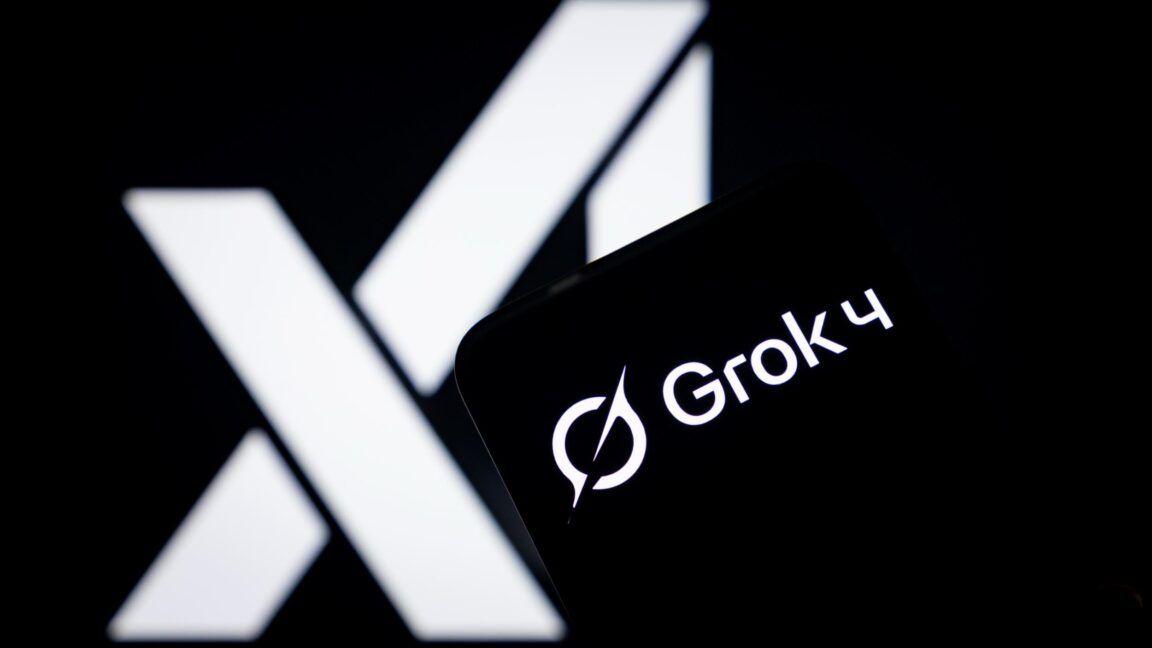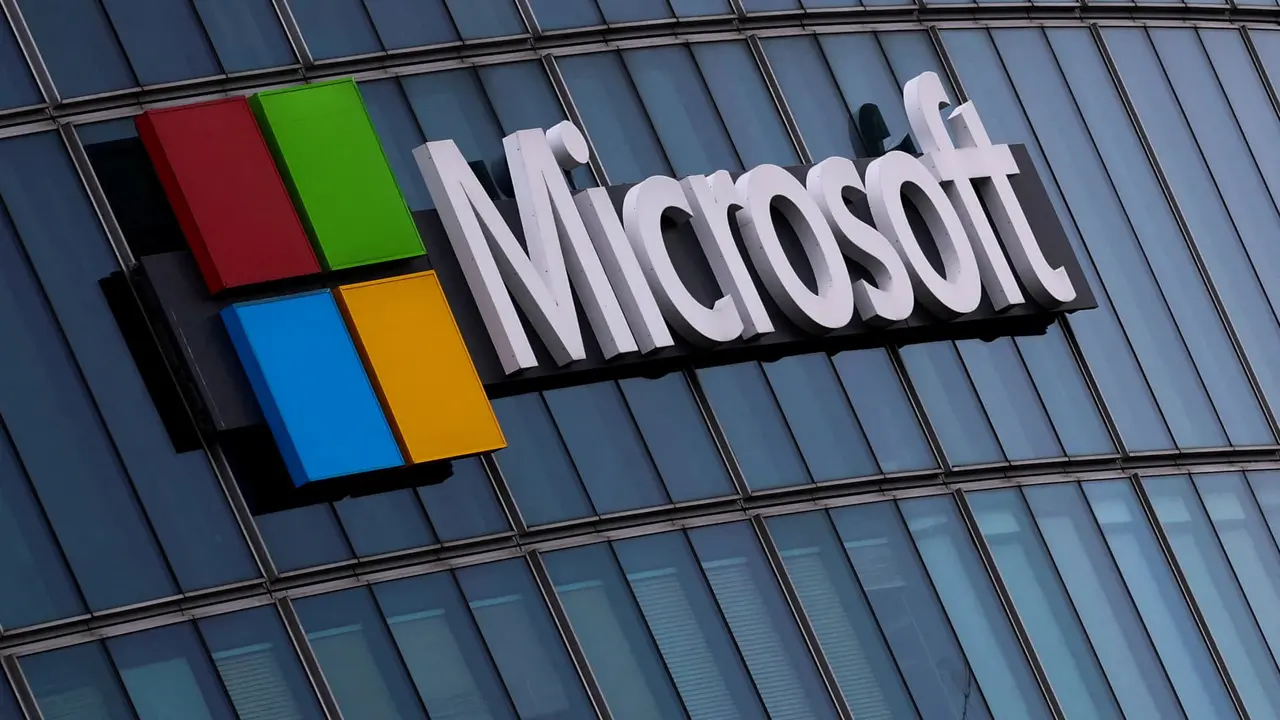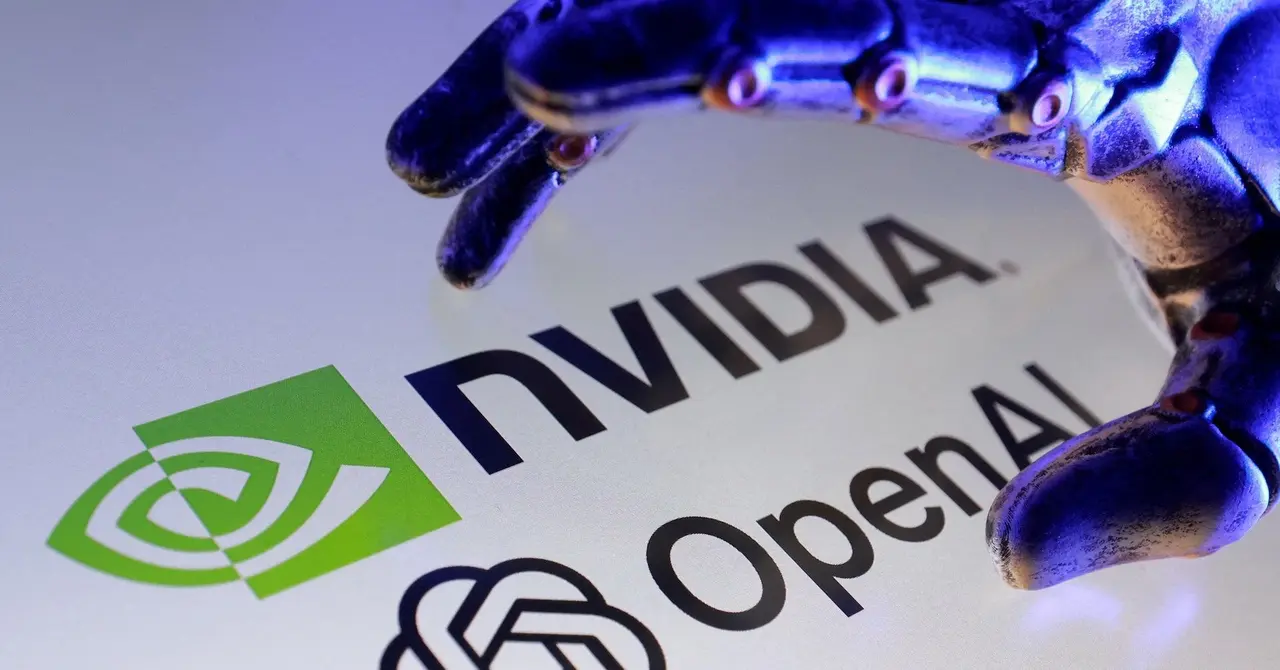Microsoft's Stock Downgraded Amid AI Investment Concerns and High Earnings Estimates
2 Sources
2 Sources
[1]
Microsoft's Stock Has One Fewer 'Buy' Rating on Wall Street Today
That's rare on Wall Street, with nearly all of the analysts currently tracking the software giant holding "buy" or equivalent ratings. Optimism about AI-related growth has helped shares of Microsoft (MSFT) this year, but at least one investment bank is urging caution about what might come next. Oppenheimer analysts on Tuesday downgraded shares of Microsoft to "perform" from "outperform." That's rare on Wall Street, with nearly all of the analysts currently tracking the software giant holding "buy" or equivalent ratings, according to Visible Alpha. Shares of Microsoft were recently up about 1%, slightly outperforming the broader market. The stock is up more than 11% for the year. "Open AI losses are the primary concern and could be in the $2-3B range in FY25, which we were not previously modeling," the analysts wrote Tuesday. Open AI is an independent company, but it has a "strategic partnership" with Microsoft. "Enterprises have been slow to adopt AI and associated revenues will likely disappoint." In a September report, Oppenheimer said it was "tweaking down near term AI revenue, but tweaking up CapEx spending, mostly for Microsoft." The company is investing in "once-in-a-generation technology," the analysts wrote, so "we don't believe expanding margins will be a short-term priority." Oppenheimer also said that Microsoft's shares are trading near the midpoint of the five-year range for its price-to-earnings ratio and "could trade to the lower end" down the line.
[2]
Microsoft stock downgraded at Oppenheimer on 'too high' earnings estimates By Investing.com
Investing.com -- Investment bank Oppenheimer downgraded Microsoft (NASDAQ:MSFT) stock from Outperform to Perform on Tuesday, citing high consensus estimates for revenue and earnings. The firm's analysts point to potential losses from OpenAI, Microsoft's partner in AI technology development, as a key concern. OpenAI is expected to incur a loss of approximately $5 billion this year, and with Microsoft holding a 49% stake, a substantial portion of this loss could impact the company's financials. The firm also highlighted slow enterprise adoption of AI technologies, which may result in disappointing associated revenues. This is further compounded by the likelihood of increased capital expenditures (CapEx) on high-performance computing components like GPUs and data center capacity. Oppenheimer anticipates Microsoft's CapEx to reach $63 billion in 2025, marking a 14% year-over-year increase and doubling from 2023, with associated depreciation expenses expected to rise by 28% to $29 billion. Moreover, the recent interest rate cut of 50 basis points by the Federal Reserve on September 18, 2024, is projected to slightly lower Microsoft's net interest income from its $76 billion in cash reserves. Analysts also believe that the market's current estimates for Microsoft's financial performance, including gross margins and EBITDA margins, are set to decrease due to higher depreciation and operating expenses related to AI investments. "This will translate into 3% EPS growth in 1Q25 and we expect weakish guidance for 2025. We also think the Street estimates for EPS growth are ~200bps too high in FY26 and FY27," they said in a note. Other potential risks for Microsoft include insufficient data center capacity to support expected GPU shipments and increased competition in the AI space, which has seen rivals close the gap with Microsoft's offerings. Still, Oppenheimer notes that Microsoft's aggressive pricing and bundling strategies may help to mitigate some of the financial pressures. Microsoft stock is currently trading at the midpoint of its five-year price-to-earnings (P/E) range of approximately 25x-35x and could potentially shift towards the lower end of this spectrum.
Share
Share
Copy Link
Oppenheimer downgrades Microsoft stock from "outperform" to "perform" due to concerns over OpenAI losses, slow AI adoption, and high consensus estimates for revenue and earnings.

Microsoft's Stock Downgrade Amidst AI Concerns
In a rare move on Wall Street, Oppenheimer has downgraded Microsoft's stock from "outperform" to "perform," citing concerns over artificial intelligence (AI) investments and high earnings estimates
1
. This decision comes as a surprise, given that nearly all analysts tracking the software giant currently hold "buy" or equivalent ratings1
.OpenAI Losses and Slow AI Adoption
A primary concern highlighted by Oppenheimer is the potential losses from OpenAI, Microsoft's strategic partner in AI technology development. Analysts estimate that OpenAI could incur losses in the range of $2-3 billion in fiscal year 2025, which were not previously factored into their models
1
. With Microsoft holding a 49% stake in OpenAI, a substantial portion of these losses could impact the company's financials2
.Furthermore, Oppenheimer notes that enterprises have been slow to adopt AI technologies, potentially leading to disappointing associated revenues
1
2
. This slow adoption rate could affect Microsoft's projected growth in the AI sector.Capital Expenditure and Financial Implications
Microsoft's investment in "once-in-a-generation technology" is expected to lead to increased capital expenditures (CapEx)
1
. Oppenheimer anticipates Microsoft's CapEx to reach $63 billion in 2025, marking a 14% year-over-year increase and doubling from 20232
. This surge in spending is primarily attributed to investments in high-performance computing components like GPUs and data center capacity.The increased CapEx is expected to have a ripple effect on Microsoft's financials:
- Depreciation expenses are projected to rise by 28% to $29 billion
2
. - Gross margins and EBITDA margins are likely to decrease due to higher depreciation and operating expenses related to AI investments
2
. - Earnings per share (EPS) growth is expected to be around 3% in Q1 2025, with analysts suggesting that Street estimates for EPS growth in FY26 and FY27 may be approximately 200 basis points too high
2
.
Related Stories
Market Position and Valuation
Despite these concerns, Microsoft's stock has shown resilience, with shares up more than 11% for the year
1
. However, Oppenheimer notes that Microsoft's stock is currently trading at the midpoint of its five-year price-to-earnings (P/E) range of approximately 25x-35x and could potentially shift towards the lower end of this spectrum1
2
.Mitigating Factors and Competition
While the outlook appears challenging, Microsoft is not without its strengths. The company's aggressive pricing and bundling strategies may help to mitigate some of the financial pressures
2
. However, increased competition in the AI space, with rivals closing the gap on Microsoft's offerings, remains a potential risk2
.As the tech giant navigates these challenges, the market will be closely watching how Microsoft balances its ambitious AI investments with financial performance expectations in the coming years.
References
Summarized by
Navi
Related Stories
Recent Highlights
1
SpaceX acquires xAI in $1.25 trillion merger, plans 1 million satellite data centers in orbit
Business and Economy

2
EU launches formal investigation into Grok over sexualized deepfakes and child abuse material
Policy and Regulation

3
SpaceX files to launch 1 million satellites as orbital data centers for AI computing power
Technology








